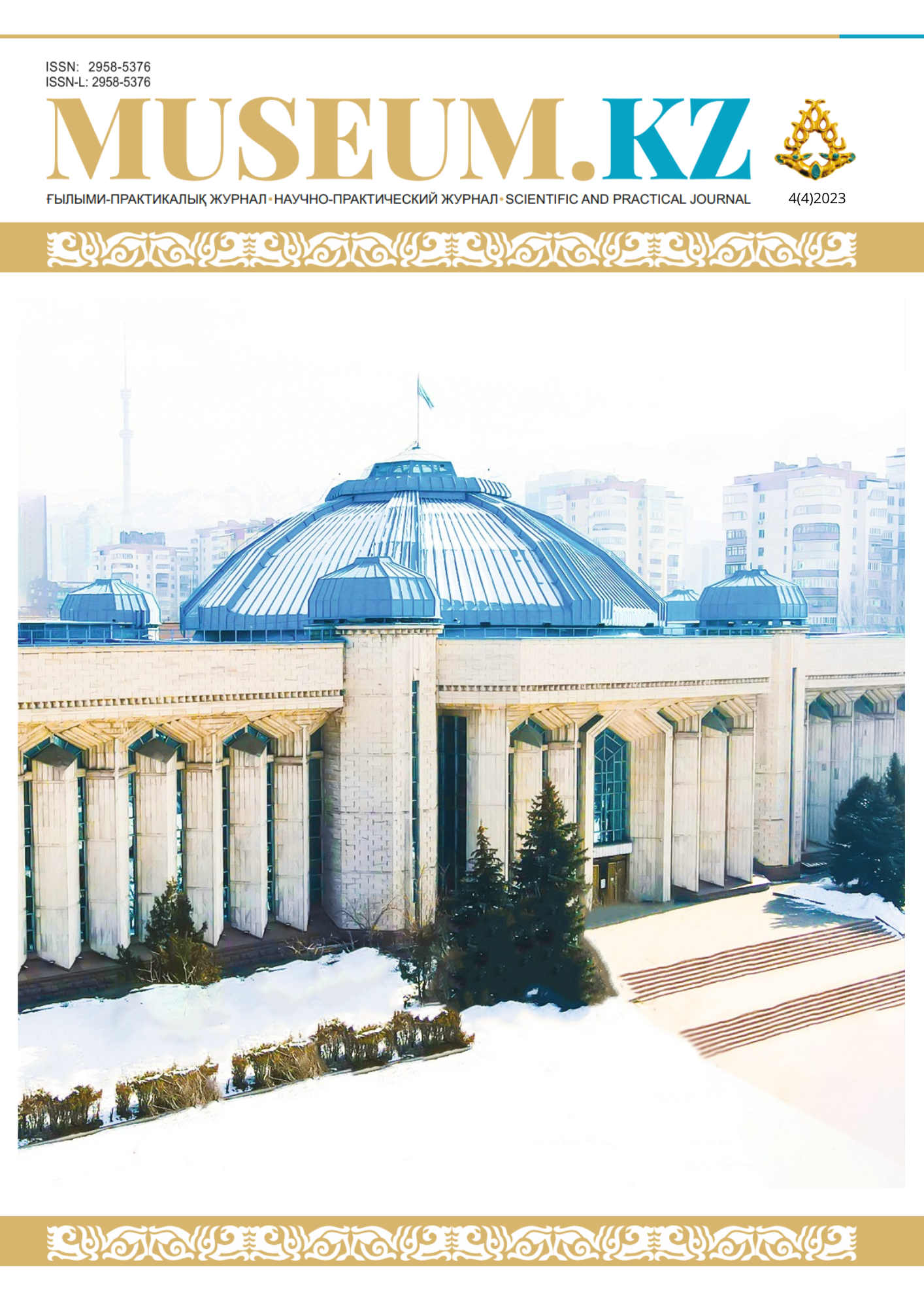ON THE FEATURES OF FAMILY AND MARRIAGE OF THE MODERN POPULATION OF AKTOBE REGION
DOI:
https://doi.org/10.59103/muzkz.2023.04.01Keywords:
Aktobe region, ethnic groups, nuclear, extended and composite families, householdsAbstract
The report examines the main aspects of family and marriage of the modern population of the Aktobe region, including Kazakhs and other ethnic groups in contact with them. This typology took into account the degree of their completeness (complete and incomplete), number, number of children, age and sex composition, including civil status. All of them are aimed at realizing in one form or another the fulfillment of all the basic parameters of the family that they need as a social institution.
Relevant statistical data for neighboring regions of the western region, as well as for the republic, are used as comparative materials. It has been revealed that the predominant type of family is nuclear in different variations, as well as extended, represented by three-generation families. They are followed by single-parent families formed as a result of the death of one of the spouses or those arising after divorce, including childless singles of middle or older age, as well as composite families. Similar attention is paid to the family and marital status of the indigenous Kazakh population and other ethnic groups in contact with them, including Russians, Ukrainians, etc., who have their own forms and family structures in different typological aspects.
Materials and methods of research. The report is based on materials from the National Population Census of 1999 and 2009, as well as data collected by the author during field ethnographic expeditions during the implementation of the international scientific project “Livestock in the Republics of Central Asia and Kazakhstan,” coordinated by the Institute of Oriental Studies named after R.B. Suleimenov NAS RK and the University of Wisconsin USA (1998–2000), as well as grant topics of the Ministry of Education and Science of the Republic of Kazakhstan “Modern ethnic and ethnocultural processes in Turkestan” (1996-1999), “Modern ethnocultural processes in Kazakhstan” (2000-2002 .) “Returning to the Homeland: expectations and reality: psychological problems of integration of oralmans into Kazakh society” (2012-2014), “Psychological context of problem families in Kazakhstan: ethnocultural aspects” (2015-2017). As the main research methods, we were guided by generally accepted principles of scientific thinking, including induction and deduction, comparison and generalization, logic and consistency. Along with this, we widely relied on such widespread theoretical methods as historical-comparative, historical-typological, structural-functional, etc.







